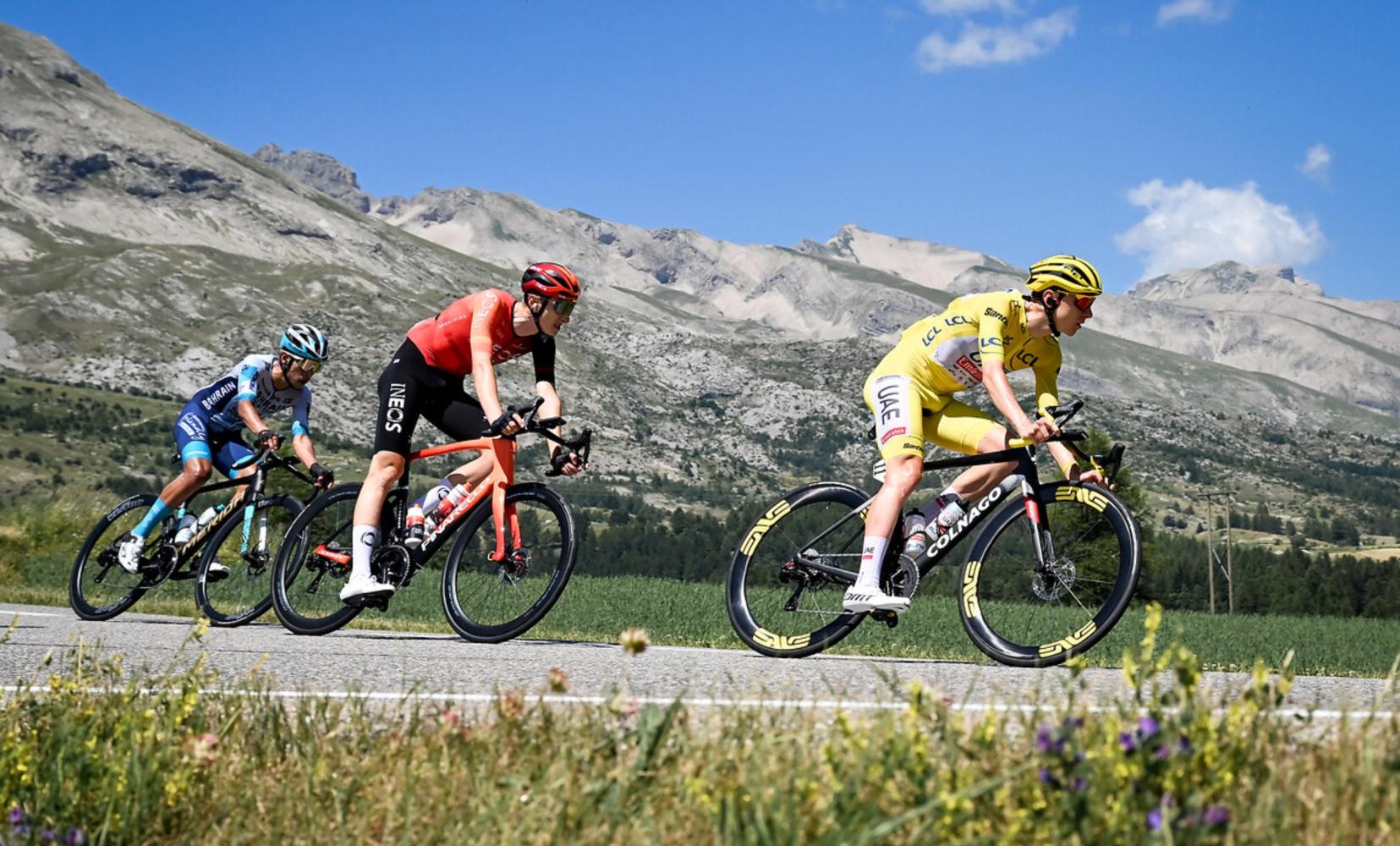
What makes the Tour de France 2025 special? The Tour de France 2025 promises to be a thrilling spectacle, packed with excitement, drama, and unforgettable moments. This year’s race will feature new routes, challenging terrains, and a mix of seasoned pros and rising stars. Fans can expect breathtaking mountain stages, intense time trials, and strategic sprints. The 2025 edition also introduces innovative technology for better race tracking and fan engagement. With a rich history dating back to 1903, the Tour continues to captivate cycling enthusiasts worldwide. Buckle up for a ride through picturesque landscapes, historic towns, and the heart of cycling culture.
The History of Tour de France
The Tour de France is one of the most prestigious cycling races in the world. It has a rich history filled with incredible feats, dramatic moments, and fascinating facts.
- The first Tour de France took place in 1903. It was organized to boost sales for the newspaper L'Auto.
- Maurice Garin won the inaugural race, completing the 2,428 km course in 94 hours and 33 minutes.
- The race was initially only open to French cyclists. International riders were allowed to compete starting in 1905.
- The Tour de France was canceled during World War I and World War II, resuming in 1947.
- The iconic yellow jersey, worn by the race leader, was introduced in 1919. It was chosen because L'Auto was printed on yellow paper.
The Route and Stages
The Tour de France route changes every year, offering new challenges and breathtaking scenery. Each stage tests the riders' endurance, speed, and strategy.
- The 2025 Tour de France will cover approximately 3,500 kilometers over 21 stages.
- The race traditionally starts with a prologue or an individual time trial.
- Mountain stages are some of the most grueling, often determining the overall winner.
- The 2025 route will include iconic climbs like Alpe d'Huez and Mont Ventoux.
- The final stage traditionally finishes on the Champs-Élysées in Paris, providing a spectacular backdrop for the race's conclusion.
The Riders and Teams
Cyclists from around the world train rigorously to compete in the Tour de France. The race features both individual and team competitions.
- Each team consists of eight riders, making teamwork crucial for success.
- The 2025 Tour will feature 22 teams, including some of the top professional cycling teams in the world.
- Riders compete for various jerseys, including the yellow jersey (overall leader), green jersey (points leader), polka dot jersey (best climber), and white jersey (best young rider).
- Eddy Merckx holds the record for the most Tour de France wins, with five victories.
- The youngest winner of the Tour de France was Henri Cornet, who won in 1904 at the age of 19.
Technology and Innovation
Advancements in technology have significantly impacted the Tour de France, from bike design to race strategy.
- Modern racing bikes are made from lightweight materials like carbon fiber, making them faster and more efficient.
- Riders use advanced GPS and telemetry systems to monitor their performance in real-time.
- Aerodynamic clothing and helmets help reduce drag, allowing riders to maintain higher speeds.
- Nutrition and hydration strategies have evolved, with riders consuming specially formulated energy gels and drinks.
- Teams employ sports scientists and data analysts to optimize training and race tactics.
The Spectacle and Culture
The Tour de France is more than just a race; it's a cultural phenomenon that attracts millions of spectators and fans worldwide.
- Over 12 million spectators line the route each year, creating a festive and electric atmosphere.
- The publicity caravan, a parade of sponsor vehicles, precedes the riders and distributes promotional items to the crowd.
- The Tour de France is broadcast in 190 countries, reaching an estimated 3.5 billion viewers.
- The race has inspired numerous books, documentaries, and films, capturing the drama and excitement of the event.
- The Tour de France has a significant economic impact, boosting tourism and local economies along the route.
The Final Sprint
Tour de France 2025 promises to be a thrilling spectacle. With its rich history, grueling stages, and passionate fans, it’s more than just a race. Riders will push their limits, showcasing endurance, strategy, and sheer willpower. The event’s unique blend of tradition and innovation keeps it fresh and exciting year after year.
From the majestic mountain climbs to the flat-out sprints, every moment is packed with drama. Fans worldwide eagerly await the surprises and triumphs that each stage brings. Whether you're a cycling enthusiast or new to the sport, the Tour offers something for everyone.
As the riders cross the finish line, they’ll not only be racing for victory but also for the honor and legacy that comes with it. So, gear up and get ready to witness one of the greatest sporting events on the planet. The Tour de France 2025 is set to captivate us all.
Was this page helpful?
Our commitment to delivering trustworthy and engaging content is at the heart of what we do. Each fact on our site is contributed by real users like you, bringing a wealth of diverse insights and information. To ensure the highest standards of accuracy and reliability, our dedicated editors meticulously review each submission. This process guarantees that the facts we share are not only fascinating but also credible. Trust in our commitment to quality and authenticity as you explore and learn with us.
